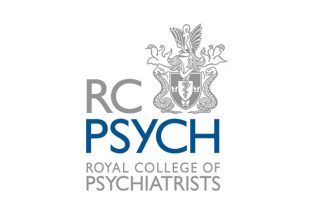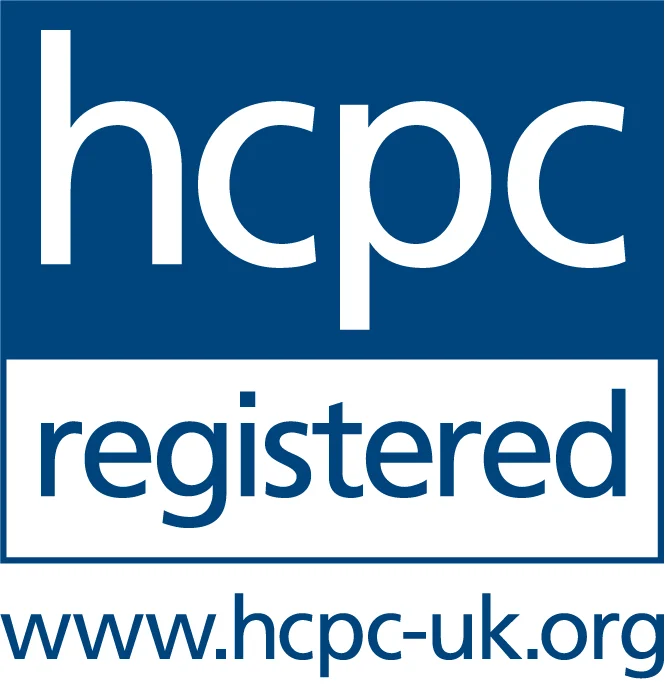How to Find the Right Therapist /Psychologist /Practitioner for Me?
- Dr Tiffany Leung
- Apr 23, 2023
- 4 min read
Updated: Jul 20, 2025

Content: (How to Find the Right Therapist/Psychologist/Practitioner for me?)
Introduction
In the article ‘5 Real Tips You Really Wish to Know before Starting Therapy’, I shared that finding the right practitioner/therapist/psychologist is very important for anyone receiving therapy. Everyone does have a choice to find the right person to work with.
If you are looking for therapeutic support for the first time, or you want to find another practitioner, here are some useful principles which help you find your suitable companion in your journey.
Principle 1: Check the therapist/practitioner’s qualifications
Practitioners with different trainings deliver different therapeutic experiences. In the UK, you find different practitioners who identify themselves with different titles. To verify their qualification, type the name online and make sure that the practitioner’s title is tied with an official accreditation body. Accredited psychologists and some therapists (i.e. art therapist) are on the HCPC register and thus those practitioners’ names can be found on the HCPC register website. Here I give a quick overview:
Life Coach: A coach works to help clients fulfill their potential and work towards actualizing their life goals.
Counselor: a qualified counselor would have completed at least level 5 counseling qualification. Many are trained with person centered approach but may also receive further training in other approaches.
Psychiatrist: A psychiatrist is the only professional who prescribes medication. They make most of the clinical diagnoses regarding mental disorders and other specific conditions. In their training in the UK, psychiatry professionals have to undertake psychotherapy training, notably Cognitive Behavioral Therapy (CBT) or Cognitive Analytical Therapy (CAT), as an essential and mandatory learning before their qualification. However, most of the practicing psychiatrists who provide full-length therapy would also have completed the additional and separate psychotherapy training. Psychiatrists in the UK are under registration in Royal College of Psychiatrists which provides with regulatory influence on clinical practices.
Psychologist: A psychologist must have completed a doctorate level of clinical training. Qualified psychologists in the UK are all required to be under registration in Health Care Professionals Council (HCPC) accreditation, a UK led organisation. Most of the practicing psychologists providing counselling, therapy or other mental health support may come from clinical psychology or counseling psychology branches. They would have received training of at least 2 or more therapeutic models (see principle 3 for sampling reference). They would also have had work experiences with a range of client groups and different work settings. You may find the logo shown on the practitioner's website or profile, or browse the website of HCPC to search for the practitioner's registration status.
Psychotherapist: A qualified psychotherapist is trained from a (or more) specific therapeutic approach and has obtained the relevant official accreditation body/bodies.
Principle 2: Check if the practitioner’s covering work areas cover your confronting issues.
Spend some time to identify your needs. Find out what you want to address the most. There are different genres of issues practitioners work with. You can choose the one who covers your needs.

Areas of focuses include (but not excluded to):
Mental health difficulties: depression, anxiety, substance-induced mood disorder, social phobia (social anxiety disorder)
Mental disorders: psychosis and psychotic disorders, personality disorders, eating disorders, bipolar disorder, anxiety disorders, PTSD
Anxiety disorders: generalized anxiety disorder, panic disorder, obsessive-compulsive disorder, phobias
Psychotic disorders: schizophrenia, schizoaffective disorder, schizophreniform disorder, brief psychotic disorder, delusional disorder, substance-induced psychotic disorder, paraphrenia
Personality related issues and personality disorders: borderline personality disorder, anti-social personality disorder, narcissistic personality disorder, obsessive compulsive personality disorder, schizotypal personality disorder, etc.
Phobias: fear of heights (acrophobia), flying (aerophobia), confined or crowded spaces (claustrophobia), spiders (arachnophobia), blood (hemophobia), thunder & lightning (astraphobia), being alone (autophobia), water (hydrophobia)
Trauma and PTSD
Abuses: physical, emotional or sexual abuse; institutional and workplace abuse/bullying
Academic and work induced stress and difficulties: performance anxiety, workplace bullying, future planning,
Addictions: alcohol, substance, smoking, online, sex
Behavioral conduct problems or disorders: oppositional defiant disorder, conduct disorder
Cultural related issues: race/ethnicity, religion, gender, class, age
Dissociative disorders: dissociative identity disorder, depersonalization disorder, dissociative amnesia
Learning difficulties and disabilities: Attention deficit hyperactivity disorder (ADHD), dyslexia, special educational needs (SEN).
Life sufferings and adversities: grief, bereavement, pandemic caused stress,
Physical illness and dealing with terminal conditions: Cancer, HIV
Relationships problems: couple, family, siblings, workplace relationship, peers, etc.
Sexuality: sexual health/behaviour, sexual orientation, intimacy, relationship problems, sex addiction, sexual dysfunction
Somatoform Disorder: somatization disorder, undifferentiated somatoform disorder, hypochondriasis, conversation disorder, pain disorder, body dysmorphic disorder (Body dysmorphia)
Principle 3: Therapeutic approach/modality
Different practitioners are trained with a wide range of therapeutic models. When you look at a practitioner’s experience, you may want to find how they practice shapes their experiences, including their expertise and strengths.
Here I give a general list of the different approaches you may find on their profile:

Cognitive Behavioral Approaches – Cognitive Behavioral Therapy; Dialectic Behavioral Therapy; Mentalization Based Therapy; Acceptance Commitment Therapy
Person Centered therapy (talking therapy)
Psychodynamic therapy
Transactional Analysis
Eye Movement Desensitization and Reprocessing Therapy (EMDR)
Gestalt Therapy
Brief Solution focused therapy
Art Therapy/Sand play
Family therapy
Couple therapy
Group psychotherapy (e.g. group psychoanalytic therapy)
Article written by Dr. Tiffany Leung
I'm UK-based chartered psychologist with 13+ years of experience in therapy, coaching, and self-development. Holding a Professional Doctorate in Counselling Psychology from the University of Manchester, I work within the NHS and offer private practice services, supporting diverse clients in English, Cantonese, and Mandarin to achieve emotional well-being and personal growth.
(Chinese Translation completed by Louis Leung.)


